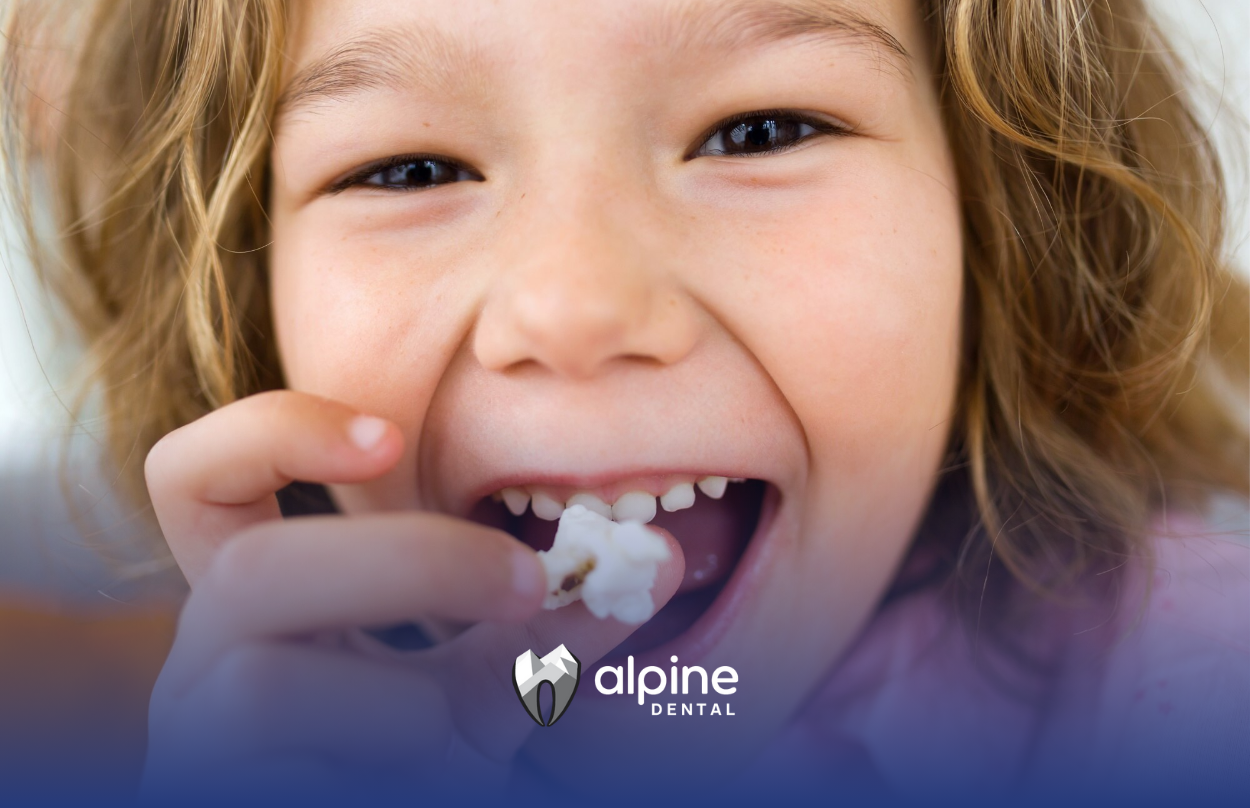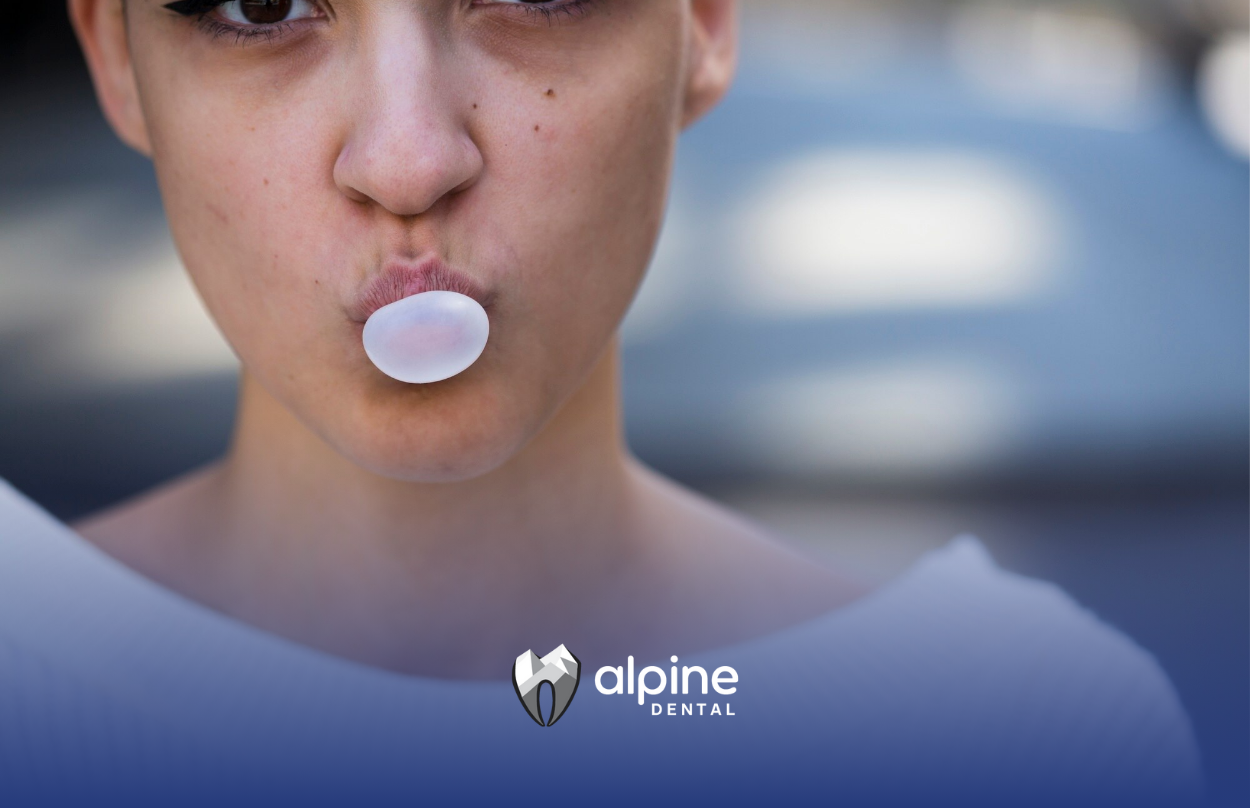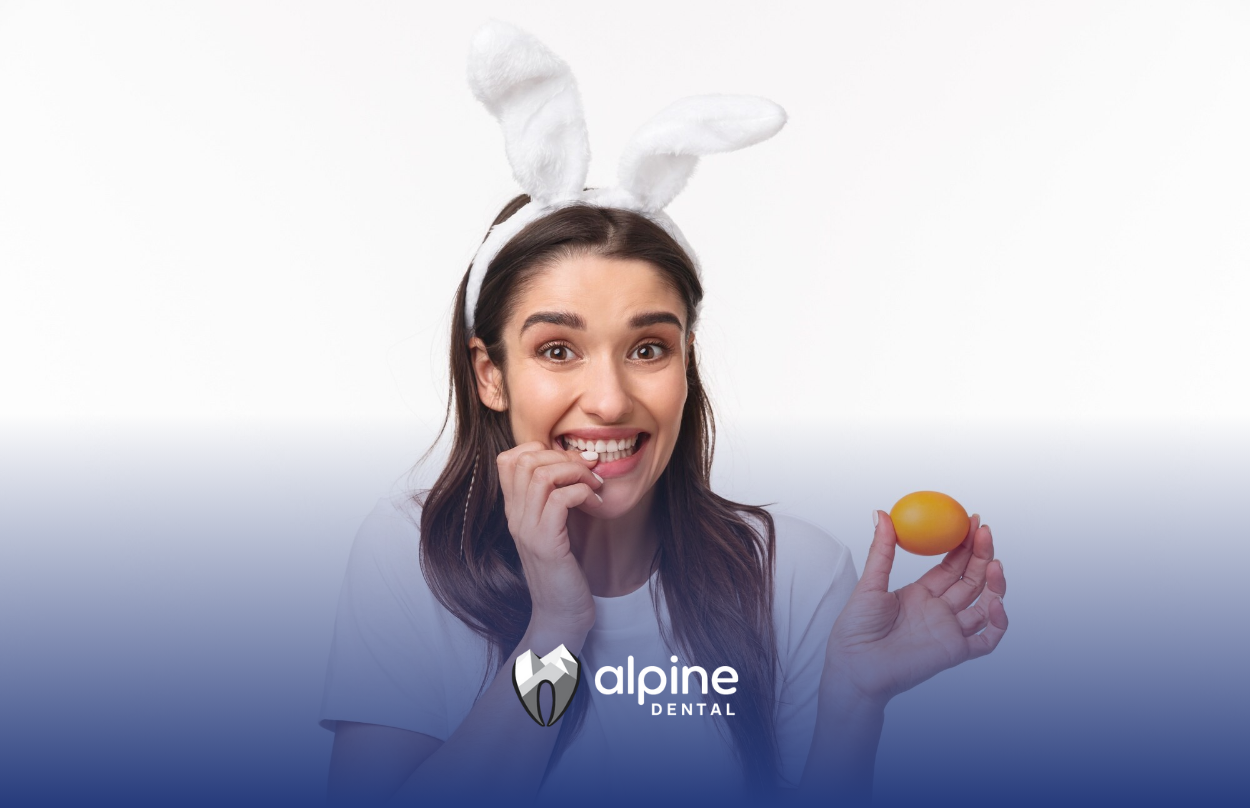Essential Dental Care Tips for Seniors to Maintain a Healthy Smile
As we age, our dental needs change. Seniors are more susceptible to oral health issues like tooth decay, gum disease, dry mouth, and tooth loss. Proper dental care is crucial to maintaining a healthy smile, preventing discomfort, and ensuring overall well-being.
This guide will cover everything seniors need to know about oral hygiene, common dental problems, and best practices for maintaining strong and healthy teeth.
Why Dental Care Is Important for Seniors
Good oral health is directly linked to overall health. Poor dental hygiene can lead to infections, difficulty eating, and even systemic health problems like heart disease and diabetes. Here’s why taking care of your teeth and gums is essential in your senior years:
- Prevents Tooth Decay and Loss: Helps retain natural teeth for as long as possible.
- Reduces Risk of Gum Disease: Prevents inflammation and infection that can lead to serious health conditions.
- Improves Digestion: Healthy teeth allow proper chewing, aiding digestion.
- Enhances Confidence: A bright, healthy smile boosts self-esteem.
Common Dental Issues in Seniors
Aging naturally affects oral health, making seniors prone to certain dental problems. Here are the most common ones and how to manage them:
1. Tooth Decay and Cavities
A lifetime of wear and tear, combined with decreased saliva production, makes seniors more prone to cavities. Sugary and acidic foods can erode enamel, leading to tooth decay.
Prevention:
- Brush twice a day with fluoride toothpaste.
- Limit sugary snacks and acidic beverages.
- Visit the dentist regularly for professional cleanings.
2. Gum Disease (Periodontitis)
Gum disease is a serious condition that affects the soft tissue and bones supporting the teeth. Symptoms include swollen, bleeding gums, bad breath, and tooth loss.
Prevention & Treatment:
- Floss daily to remove plaque buildup.
- Use an antibacterial mouthwash.
- Seek professional deep cleaning if you notice gum inflammation.
3. Dry Mouth (Xerostomia)
Dry mouth, or xerostomia, is common in seniors due to aging, medications, and health conditions. It can lead to difficulty chewing, swallowing, and an increased risk of cavities.
Prevention & Management:
- Stay hydrated and sip water throughout the day.
- Chew sugar-free gum to stimulate saliva production.
- Use a saliva substitute or moisturizing mouth spray.
4. Tooth Sensitivity
Aging can cause enamel to wear down, exposing the dentin layer of teeth. This makes seniors more sensitive to hot, cold, and sweet foods.
Prevention & Relief:
- Use desensitizing toothpaste.
- Avoid very hot or cold foods.
- Brush gently with a soft-bristled toothbrush.
5. Tooth Loss and Dentures
Many seniors experience tooth loss due to years of wear, gum disease, or decay. Dentures, bridges, and implants can help restore function and appearance.
Prevention:
- Maintain good oral hygiene to preserve natural teeth.
- Ensure dentures fit properly to avoid discomfort.
- Consider dental implants for a long-lasting solution.
Best Dental Care Practices for Seniors
Maintaining good oral hygiene in your golden years requires consistency and care. Here are essential tips to keep your smile healthy:
1. Brush and Floss Daily
- Brush your teeth twice a day with fluoride toothpaste.
- Use a soft-bristled toothbrush to prevent gum irritation.
- Floss daily to remove food particles and plaque between teeth.
Pro Tip: If flossing is difficult, try using a water flosser or interdental brushes.
2. Use Mouthwash
Antibacterial mouthwash helps kill germs, freshens breath, and prevents gum disease. Look for alcohol-free options to avoid dry mouth irritation.
3. Maintain a Healthy Diet
Your diet plays a significant role in oral health. Eat foods rich in calcium, vitamin D, and fiber to strengthen teeth and gums.
Best Foods for Senior Dental Health:
- Dairy products (cheese, yogurt, milk) – Strengthens enamel.
- Lean proteins (chicken, fish, eggs) – Supports gum health.
- Crunchy fruits & vegetables – Naturally clean teeth.
Avoid: Sugary snacks, acidic beverages, and sticky foods that can cause decay.
4. Stay Hydrated
Drinking plenty of water helps wash away food particles and bacteria. It also prevents dry mouth, a common issue among seniors.
5. Quit Smoking and Limit Alcohol
Smoking and alcohol consumption increase the risk of gum disease, tooth decay, and oral cancer. Quitting smoking can significantly improve oral and overall health.
6. Take Care of Dentures and Implants
If you wear dentures or have dental implants, proper care is essential:
- Clean dentures daily with a soft brush and mild soap (avoid toothpaste, which can be too abrasive).
- Soak dentures overnight in a cleaning solution.
- Remove and rinse dentures after eating.
- Visit your dentist regularly for adjustments and check-ups.
7. Schedule Regular Dental Visits
Seniors should visit the dentist every six months for cleanings, exams, and early detection of oral health problems. If you wear dentures, implants, or have existing dental issues, you may need more frequent visits.
The Importance of Professional Dental Care
While home care is essential, professional dental services help detect and prevent issues before they become serious. Regular check-ups include:
- Professional cleanings to remove plaque and tartar buildup.
- Oral cancer screenings to detect abnormalities early.
- Customized treatment plans for gum disease, tooth loss, and other concerns.
At Alpine Dental, we specialize in senior dental care, providing expert treatments tailored to your needs. Our team ensures that your smile remains strong, healthy, and beautiful as you age. Contact us today to schedule your next check-up!
Frequently Asked Questions
How often should seniors visit the dentist?
Seniors should see a dentist at least twice a year for routine exams and cleanings. If you have dentures, implants, or ongoing dental concerns, you may need more frequent visits.
What is the best toothpaste for seniors?
A fluoride toothpaste with anti-cavity and anti-sensitivity properties is ideal for seniors. If you have gum disease, look for a toothpaste designed for gum health.
How can seniors prevent dry mouth?
To prevent dry mouth, drink plenty of water, chew sugar-free gum, avoid alcohol and caffeine, and use a saliva substitute if needed.
Sources:
- https://www.mayoclinic.org/healthy-lifestyle/adult-health/in-depth/dental/art-20047475
- https://www.ncbi.nlm.nih.gov/books/NBK578296/
- https://medlineplus.gov/ency/patientinstructions/000951.htm
- https://pubmed.ncbi.nlm.nih.gov/10429321/
- https://www.health.harvard.edu/diseases-and-conditions/the-aging-mouth-and-how-to-keep-it-younger
- https://pmc.ncbi.nlm.nih.gov/articles/PMC3125650/




